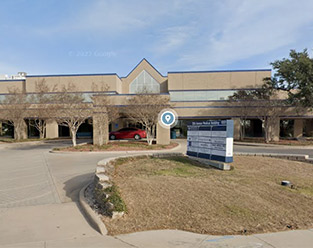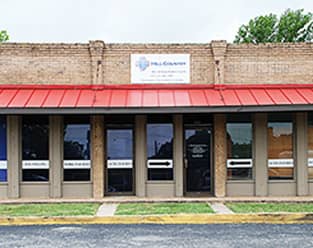Determining the Severity of a Traumatic Brain Injury (TBI)
 When you’ve suffered any type of blow or injury to your head, one of the first and most important steps is to determine the extent and severity of the injury, as that will dictate the course of care. Most professionals who treat traumatic brain injury (TBI) use the Glasgow Coma Scale (GCS) to assess the degree of injury. It’s considered simple and reliable and has a history of producing predictable outcomes.
When you’ve suffered any type of blow or injury to your head, one of the first and most important steps is to determine the extent and severity of the injury, as that will dictate the course of care. Most professionals who treat traumatic brain injury (TBI) use the Glasgow Coma Scale (GCS) to assess the degree of injury. It’s considered simple and reliable and has a history of producing predictable outcomes.
GCS looks at three specific functions that are closely tied with the brain—verbal response, motor response, and eye openings. Points are assigned for the three different functions based on reactions to stimuli, up to a maximum total of 15 points. The more points assigned, the less severe an injury is considered to be. Though doctors look most often at the total score, individual scores also can be significant. For example, a score of 10 is considered to indicate moderate brain injury. However, if your motor skills rate a 6 (highly functioning) and your eye opening is spontaneous (rated a 4 and considered highly functioning), but you have little or no verbal response, that may indicate a severe problem.
It’s important to recognize that GCS results can be compromised by external factors, including shock, drug or alcohol abuse, or low levels of oxygen in the blood.
Contact Us to Set Up an Appointment
At Advantage Healthcare Systems, we have extensive experience working successfully with individuals who suffer traumatic brain injury (TBI). Call us toll-free at 1-877-487-8289 or fill out the form provided below to schedule an assessment. We offer locations across Texas, including Fort Worth, Dallas, and San Antonio.





